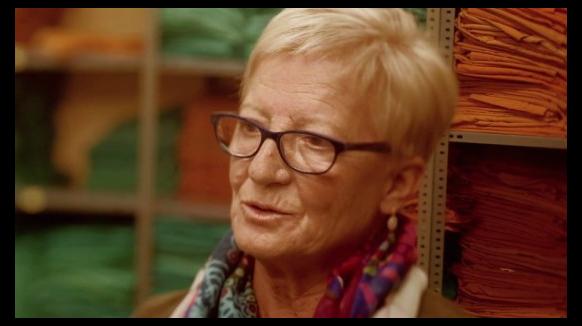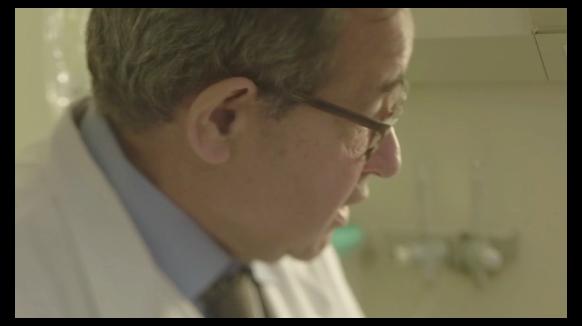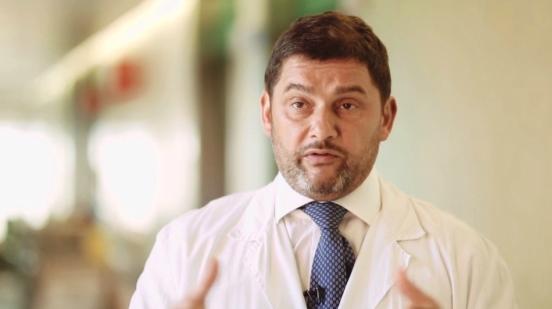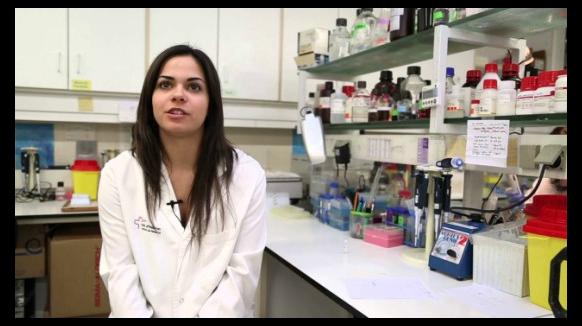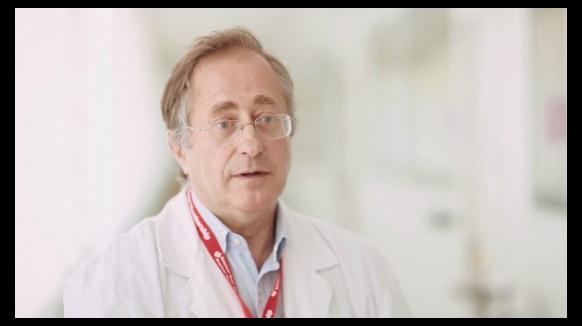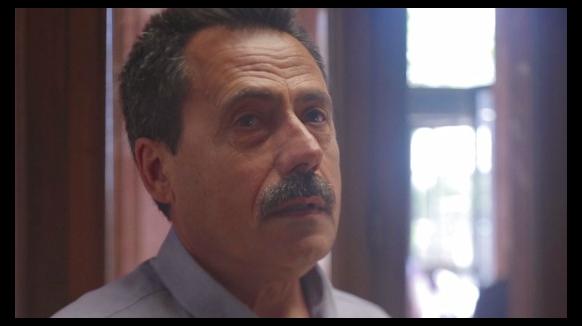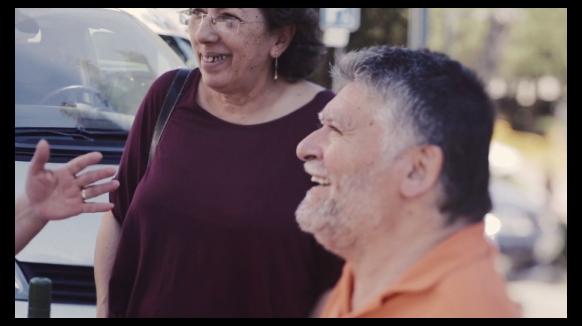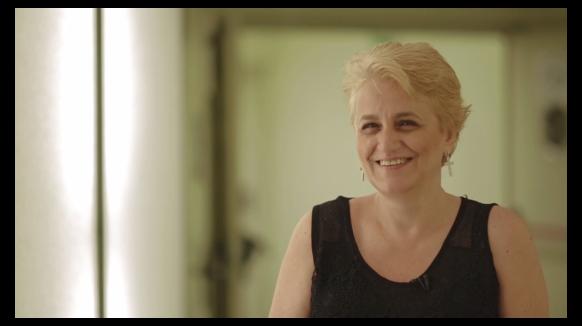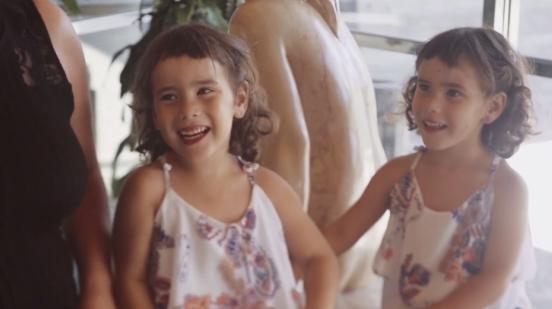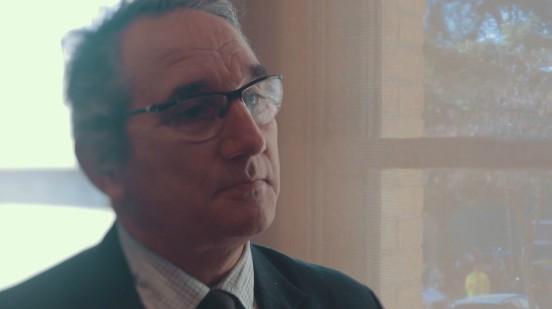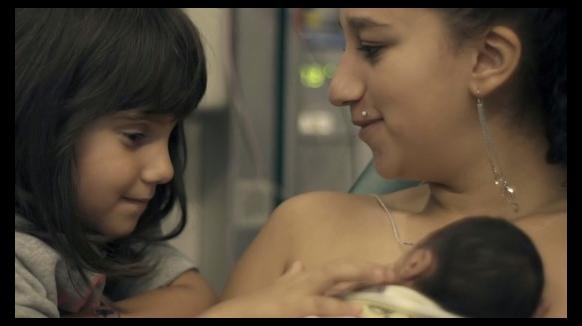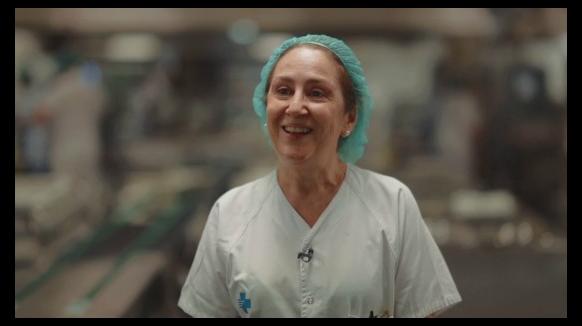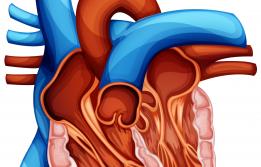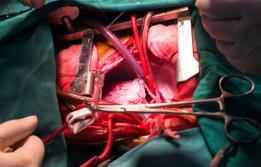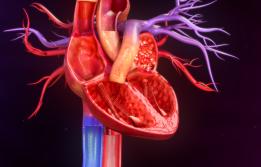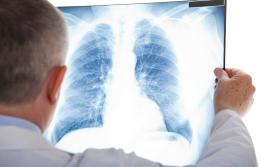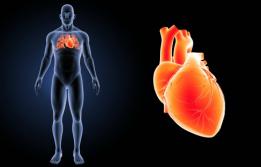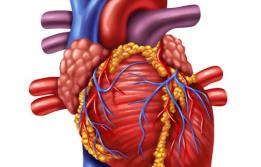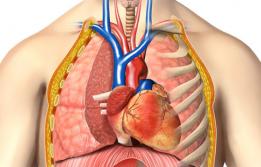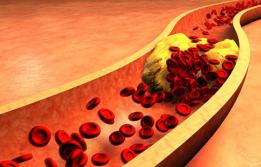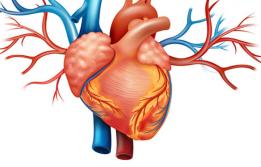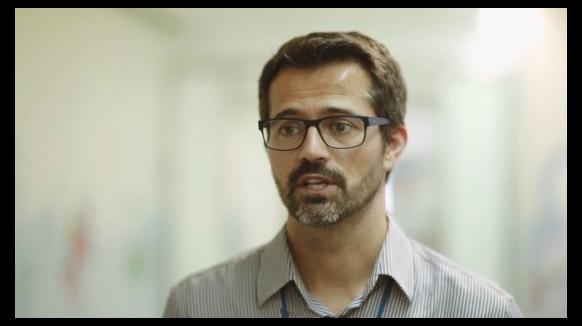Paediatric Cardiac Surgery
The Paediatric Heart Surgery Department is one of the oldest in Spain, with more than 5,000 operations performed with extracorporeal circulation and more than 40 years of activity behind it. We are a national reference centre for the treatment of congenital heart disease, and can offer surgery for all kinds of diseases.
Description
The pathologies we treat at our Department all present with their own specific traits. This means the simplest forms of heart disease can happen while presenting hardly any symptoms. In contrast, the most complex forms appear during the neonatal period in the form of heart failure and cyanosis (lack of oxygenation).
According to official data, about 500 children with congenital heart disease are born in Spain a year, of which 60% of cases will require surgical treatment within the first year of life. These are the most common congenital malformations that occur in 8 out of every 1,000 births.
For a basic diagnosis of congenital heart disease, echocardiographies, electrocardiograms and chest X-rays are performed. There are cases where diagnosis with other imaging tests must be used, such as magnetic resonance imaging and computed axial tomography (CAT scan), stress tests or other more invasive methods, such as heart catheterisation, where a catheter is inserted into the cardiac cavities, and electrophysiological studies, where a puncture is made into the femoral vein, and one or more catheters are inserted.
These pathologies usually require an operation. This is why we have a high-tech operating theatre that allows intra-surgical monitoring, with anaesthetists and specialist nursing staff. As for primary prevention, though there is not much information on what can be achieved, a series of measures can be taken, such as control of maternal diabetes and rubella vaccinations, and, during pregnancy, avoiding exposure to teratogens, such as alcohol or thalidomide.
Outstanding professionals in these pathologies include Dr Raúl Abella, Dr Joaquín Fernández Doblas and Dr Joaquín Pérez Andreu. The work carried out by paediatric cardiac surgeons is supported by Paediatric Cardiology, Anaesthesia, Perfusion and Surgical Nursing. Support from intensive care units, both neonatal and paediatric, where all of our patients, are treated, is essential.
We have several specific areas of excellence that place us at the forefront of paediatric cardiac surgery. We run the following programmes:
Neonatal surgery programme
Some congenital heart diseases require surgical correction during the first month of life. We have specific neonatal programmes, such as the univentricular heart programme, left cavity hypoplasia and pulmonary atresia.
Valvular surgery programme
We have extensive experience performing Ross surgery (valvular autograft), even in the neonatal period.
Surgery for heart failure and ventricular assistance programme
We support all patients suffering from severe cardiac issues. We are part of the ECMO programme (Extra Corporeal Membrane Oxygenation) that offers comprehensive life support to the patient. We are one of the most experienced hospitals in Spain in ventricular assistance programmes.
Heart and lung transplant programme
We are one of the hospitals in Spain with the highest number of transplant patients. Since 2006, we have carried out more than 50 heart and lung transplants.
Hybrid surgery and hypoplasia of left cavity programme
Hypoplasia of left cavity is one of the most complex congenital heart diseases (Norwood operation). We have a hybrid room equipped with the right instruments to carry out combined procedures.
Pulmonary atresia programme with ventricular septal defect
Pulmonary atresia with ventricular septal defect is one of the most complex heart diseases. In the most serious cases, there is severe hypoplasia of these pulmonary arteries, meaning the blood reaches the lungs through arteries from the aorta. We treat this pathology from the neonatal period to obtain the best results in the long term.
